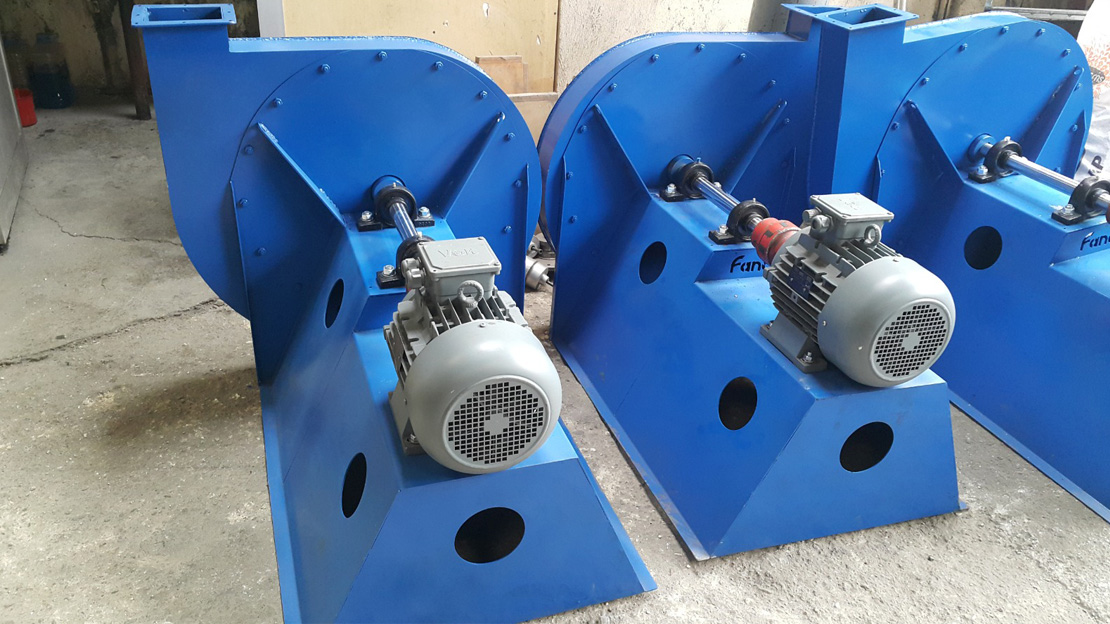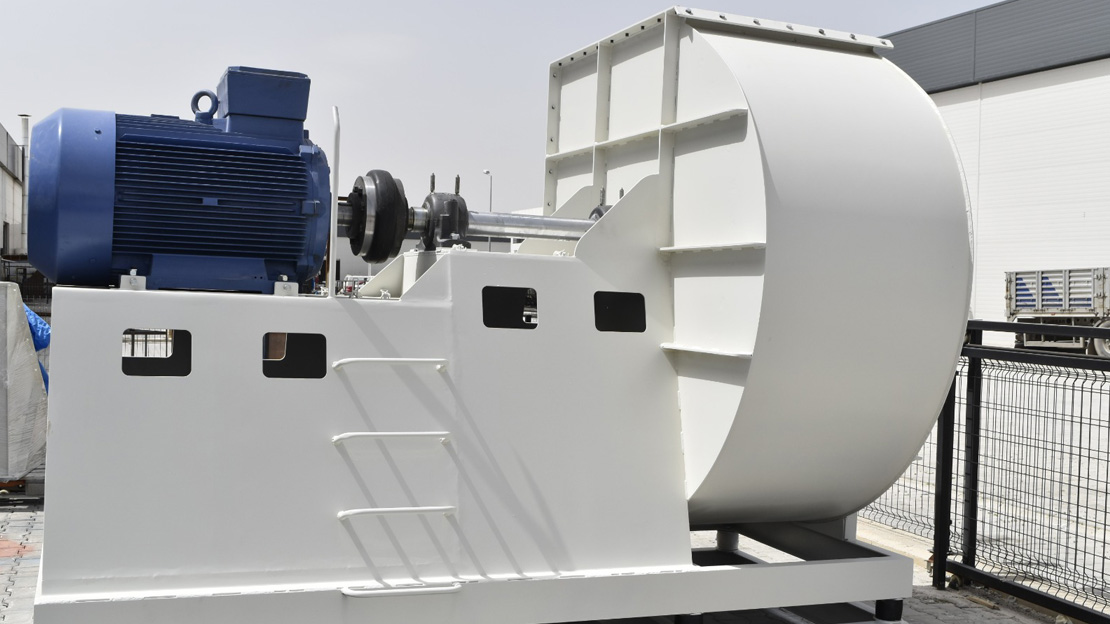What Does Ventilation Fan Mean? There are certain rooms in your home that are prone to problems caused by local humidity, such as the kitchen, bathroom, laundry, and sauna (if applicable). The steam created by cooking, hot water and tumble dryers can have a dramatic effect on the climate in your home. This moisture left to build up can start to affect the walls and ceiling, creating mold and mildew problems. A ventilation fan is a simple solution to this problem. How Do Ventilation Fans Work? Ventilation fans work by sucking in warm or humid air from a small, local area, and replacing it by allowing fresh air to enter from another place (perhaps through a door or vent). Hot air drawn using a ventilation fan is then drawn through a duct system and expelled. Due to the steam and humidity created in bathrooms, kitchens and laundries, these fans are most commonly found in these areas. In kitchens, cooker hoods are a type of ventilation fan. Some ventilation fans use sensors that automatically activate when they sense steam in the room. How Effective Are Ventilation Fans? Since these fans are only really effective in smaller rooms, a fan that can move about 2 cubic meters per second will usually provide adequate ventilation. For larger spaces, a larger ventilation system may be more appropriate. The effectiveness of ventilation fans really depends on the size of the room and the airflow rate required for that space. For example, a bathroom without a shower requires about eight air changes per hour. A bathroom with a shower might need 20.
A ventilation fan is most commonly measured in cubic feet per minute (CFM), also expressed in cubic meters per minute (3/minute), how much air can glide over a given amount of time. The amount of air a fan can displace depends on both its size and speed. A small fan can displace the same amount of air as a large fan, but normally it needs to oscillate faster to do so - depending on how the fan is built, this can also make it louder. Of course, that's not always a bad thing. Some people choose to install a noisy fan in the toilet to drown out the sounds they might otherwise make!
The easiest way to determine what fan size and speed you need is to find the volume of the room and then multiply that by the number of air changes you'll need to keep it clean. If in doubt, ask a dealer or a qualified installer.








